Amy’s Experience
Amy McQuillanS2DS Alumni 2014When I joined the S2DS 2014 London program, I didn’t know what to expect from the project or employment afterwards; since it was the inaugural year there were no alumni blogs or employment statistics for reference. After a PhD and Postdoc in Astrophysics, I’d fallen out of love with academia but wanted to continue using my analytical skills for something useful.
For my S2DS project I worked with Royal Mail on a piece of work to measure the efficiency of their delivery offices using stochastic frontier analysis. The data was challenging to clean and work with, but I enjoyed learning about econometrics and the associated mathematics behind analysing business performance and progress. Also, I appreciated the culture of the company, and felt able to make a valued contribution even during such a short project.
I knew I wanted to continue working at Royal Mail after S2DS because it ticked all the boxes for the kind of company and work that I enjoyed; a large stable company (after the uncertainty of the postdoc cycle I didn’t want to jump into the uncertainty of a startup), interesting analytical work where I felt I could make an impact, good ethics and treatment of employees, and a good working environment and work-life balance. There was only one problem, the available role at the time was for a Business Modelling Analyst, not a Data Scientist.
At the time this concerned me a little, having decided that I was going to leave academia for Data Science;, but luckily I took an open-minded approach, applied, and got the job. The term Data Scientist, at the time, had a very broad remit and covered a wide range of roles. More recently, as companies embrace the wide variety of highly skilled professionals who can support their data related requirements, the associated roles have become more specific. For example, the growing differences between Data Scientists and Data Engineers. The Business Modelling role I took sits somewhere between Business Intelligence and Data Science, with more technical skills and insight than the former, but less cutting-edge data engineering than the latter.
It turns out there is a huge amount of overlap in all these roles, and 4 years and a promotion to Business Modelling Consultant later, I’m still enjoying it and learning new skills every week. Within all these roles, one skill that is critical for progression is the ability to communicate. You might have the best analytical and computational skills in the world, but if you can’t scope a project with customers, or present the importance and relevance of your findings to stakeholders, you will likely struggle.
One of the main differences I found between academia and business is the communication of results. In academia, you’re probably talking to other specialists in your field, who will be interested in the how as well as the what. In business, the stakeholders are primarily interested in what your results mean, and often need this distilling to a few recommendations they can take forward. The success of your proposals and ability to influence senior management will depend on you learning to explain what/why and a little bit of how, with an emphasis on the audience’s requirement (particularly the financial impact), and without getting too technical. Remember that while many Data Science (and similar) roles allow you some time for exploratory work, the primary aim of the company is to gain value from your work, above what they’re paying for the insight.
A part of my current role I particularly enjoy is project management, and I’m learning to improve this with each piece of work I take on. The role in some ways behaves as an in-house consultancy position, which means I get to work on new and interesting areas from month to month, while building a specialised knowledge of the industry. A typical project may involve visiting sites around the country to scope a new method or machine along with the Design Team, sourcing data from people and systems around the business, building a model to analyse the proposed method (or managing a team of analysts to perform this), then evaluating the proposal by combining insight from modelling with the wider business framework, and finally, convincing stakeholders of my findings and recommendations. This involves significant use of ’soft skills', on top of a sound foundation in programming, problem-solving and data analysis.
These new areas of management and leadership have proved to be a steep learning curve but a challenge I am thoroughly enjoying, and although there is a theoretical basis to many methods of management/leadership, it’s refreshingly different to the formulaic maths/science of my background. I’m developing these skills over time through a combination of experimentation, receiving great mentorship and inspiration from colleagues, and some formal training. One of the many great pieces of management advice I’ve received is to ‘always be authentic’, which also applies to any relationship you want to build.
Finally, I’ll mention the culture part again. I could make more money in a fast-paced, high-stress job, working long hours, but this isn’t my primary motivation in life, or what I left academia for. I chose a company whose values and work ethic I respect, and with a few exceptions, I have my evenings and weekends free for the first time since before PhD. I'm judged on the quality of my work, and not the hours I’m at my desk, which is refreshing after the ‘publish or perish’ environment of academia. This has given me time to use my skills for more philanthropic pursuits, and I’ve become heavily involved in charity work; I’m a trustee of a children’s charity and do pro bono data science; for example, to improve targeting of resources for advertising and fundraising. On top of this, I also have time/money for my hobbies (scuba diving, skiing, data science meetups, choir, running), and get to see more of my family.

